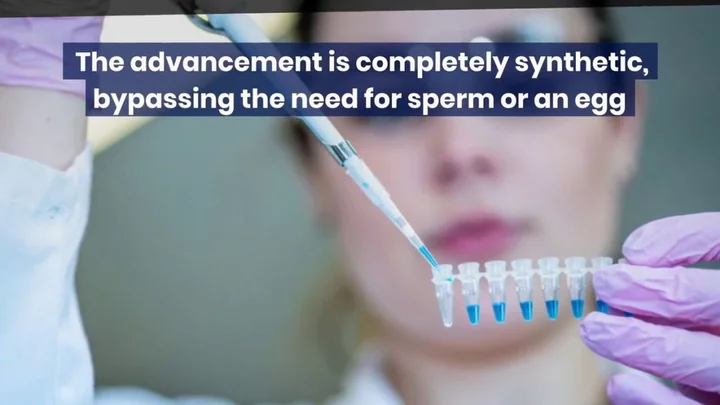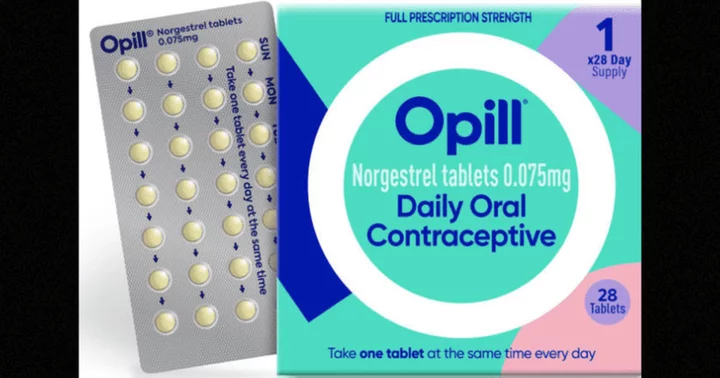Google has earned more than $10 million over the past two years by allowing misleading advertisements for "fake" abortion clinics that aim to stop women from having the procedure, according to an estimate from a report released Thursday from the non-profit Center for Countering Digital Hate.
The estimated amount is microscopic compared to the more than $200 billion Google generates from ad sales annually. But the report's data hints at the broad reach pro-life groups can have by placing these advertisements in Google results for common phrases searched for by abortion seekers.
Using Semrush, an analytics tool, researchers at the CCDH identified "188 fake clinic websites" that placed ads on Google between March, 2021 and February of this year. CCDH estimates that ads for fake clinics were clicked on by users 13 million times during this period.
Some searching for "abortion clinics near me" on Google instead found results directing them toward so-called "crisis pregnancy centers" that may try to talk abortion-seekers out of treatment and offer medically unproven abortion pill reversal techniques, according to the report.
Other Google searches populated by crisis clinic ads included "abortion pill," "abortion clinic" and "planned parenthood," the report said, with clinics in states where abortion is legal spending two times as much as those in states with bans.
In the wake of the Supreme Court overturning Roe v Wade, Google faced calls from Congressional Democrats to do more to prevent searches for abortion clinics from returning results for misleading ads -- as well as calls from Republican lawmakers to do the opposite. The dueling pressure from lawmakers highlighted how central Google can be for women searching for information on the procedure.
In a statement Thursday, Google said its approach to abortion ads follows local laws and that any advertiser targeting certain keywords or phrases related to abortions must complete a certification to confirm if it does or does not provide abortion services.
"We require any organization that wants to advertise to people seeking information about abortion services to be certified and clearly disclose whether they do or do not offer abortions," a Google spokesperson told CNN. "We do not allow ads promoting abortion reversal treatments and we also prohibit advertisers from misleading people about the services they offer."
"We remove or block ads that violate these policies," the company added.
Google said it does not allow for abortion reversal pill advertisements because the treatment isn't approved by the FDA. In response to Thursday's CCDH report, the company told CNN it took "enforcement action" on content violating this policy.
Google has continued to face scrutiny in recent months for the steps it takes to protect abortion seekers' location data.
Nearly a dozen Senate Democrats wrote to Google in May with questions about how it deletes users' location history when they have visited sensitive locations such as abortion clinics. The letter came after tests performed by The Washington Post and other privacy advocates appeared to show that Google was not quickly or consistently deleting users' recorded visits to fertility centers of Planned Parenthood clinics.
Google previously declined to comment on the lawmakers' letter. Instead, it referred CNN to a company blog post that includes abortion clinics on a list of sensitive locations, but did not explain what it means when it claims the data will be deleted "soon after" a visit.









